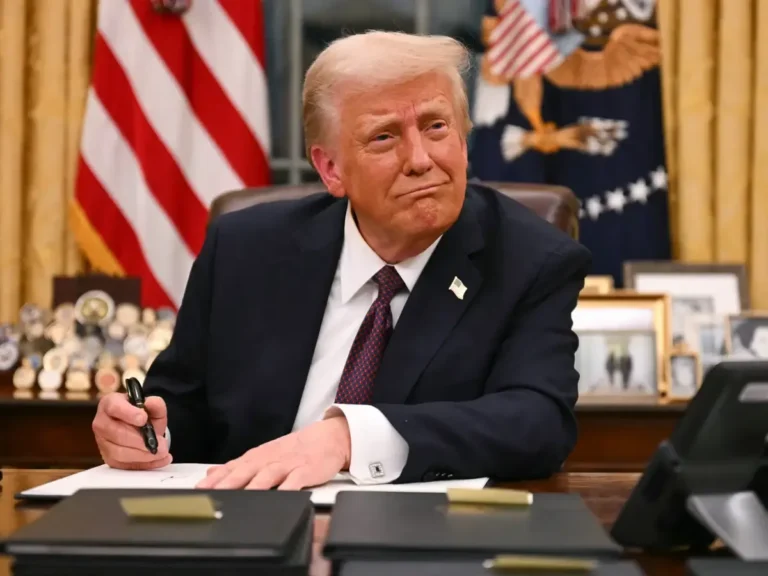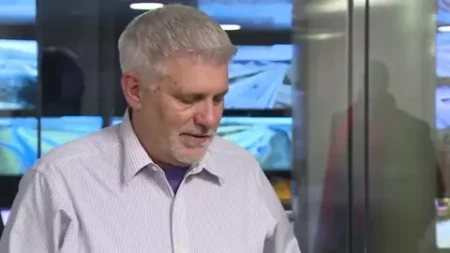Dr. Sohan Dasgupta, appointed earlier this year as the political head of the Millennium Challenge Corporation (MCC), announced his departure after a four-month tenure, declaring his mission to reposition the U.S. aid agency as a strategic foreign policy and national security tool “accomplished.”
Founded in 2004, MCC provides five-year infrastructure and energy compacts to developing nations that meet strict governance standards. Unlike traditional aid programs, its investments are designed to promote long-term economic growth and open markets for U.S. companies.
Under Dasgupta, MCC staff were encouraged to evaluate projects based on U.S. strategic and economic benefits, including alignment with partner nations and potential leverage in negotiations. His tenure emphasized the agency’s role in countering Chinese influence, supporting investments in countries such as Nepal, Kosovo, Sierra Leone, Côte d’Ivoire, Mozambique, Mongolia, and Pacific Island nations.
Notable projects include a $500 million power transmission deal in Nepal, a $480 million electricity expansion in Sierra Leone, and a $202 million grid-scale battery program in Kosovo. Officials praised Dasgupta’s responsiveness and strategic focus, particularly in energy security and critical mineral supply diversification.
Dasgupta’s exit coincides with the Trump administration’s broader restructuring of U.S. foreign aid, emphasizing leaner, investment-driven programs over traditional aid models. MCC will continue ongoing compacts across dozens of countries worldwide.







